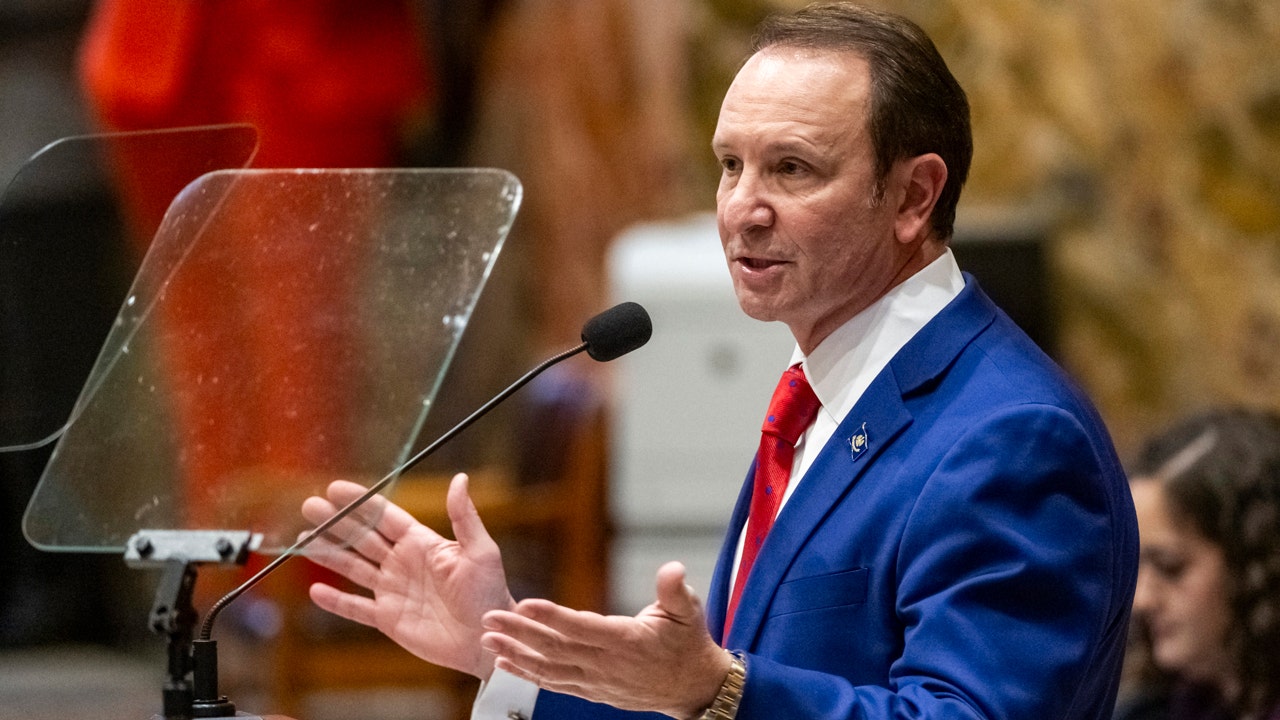Louisiana labels abortion drugs as harmful and regulated substances
The state of Louisiana has made headlines with the recent signing of a groundbreaking piece of legislation by Governor Jeff Landry. This new law classifies two abortion-inducing drugs, mifepristone and misoprostol, as controlled and dangerous substances. This decision marks a significant shift in how these medications are viewed and regulated within the state.
Medication abortions, which utilize these drugs, are one of the most common methods of terminating pregnancies in the United States. However, the decision to categorize them as controlled substances has sparked controversy among physicians and reproductive health advocates. Many argue that these drugs have important uses beyond abortion and that restricting access to them could have unintended consequences for patients.
Supporters of the bill, on the other hand, believe that this classification will help protect expectant mothers from coerced abortions. While there have been few documented cases of coerced abortions, the passage of this bill reflects a broader effort to safeguard women’s reproductive rights in Louisiana.
As the bill awaits final approval, abortion opponents are anxiously awaiting a decision from the U.S. Supreme Court on potential restrictions related to mifepristone. If enacted, this legislation will go into effect on October 1, bringing significant changes to how these drugs are prescribed and accessed in the state.
The bill initially began as an initiative to criminalize coerced abortion through fraud. However, an amendment proposed by Senator Thomas Pressly led to the inclusion of mifepristone and misoprostol in Louisiana’s controlled substances law. This amendment aims to ensure that these drugs are only obtained through a prescription and that their use is closely monitored.
Under this new law, possessing these drugs without a valid prescription could result in severe penalties including hefty fines and jail time. The legislation also introduces licensing requirements for doctors who prescribe these drugs, as well as regulations regarding their storage and distribution.
It is important to note that mifepristone and misoprostol serve purposes beyond inducing abortions. These medications are also used to treat miscarriages, induce labor, and manage hemorrhaging. Physicians and medical experts have raised concerns that this legislation could impede access to essential healthcare services and potentially harm patients in need of these drugs for non-abortion related reasons.
Senator Pressly, the driving force behind this legislation, has a personal connection to the issue. He was inspired to push for this bill after his sister, Catherine Herring, fell victim to a coerced abortion in Texas in 2022. Herring’s story underscores the importance of protecting women from such manipulative and dangerous practices.
As this new law takes effect, it will undoubtedly impact the landscape of reproductive healthcare in Louisiana. The debate surrounding the classification of these abortion-inducing drugs as controlled substances reflects broader conversations about women’s rights, medical ethics, and the role of government in regulating healthcare.
Only time will tell how this legislation will shape the future of abortion access in Louisiana and beyond. As the state continues to navigate the complexities of reproductive healthcare policy, the consequences of this decision will be closely watched and debated by advocates and opponents alike.








